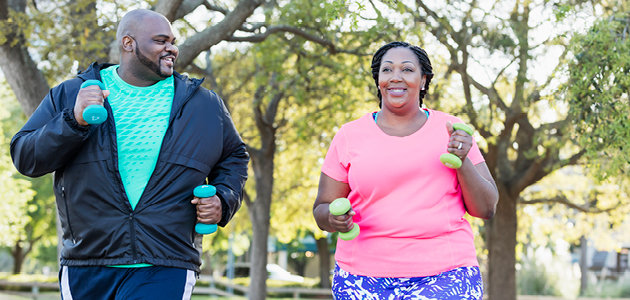Diabetes is one of the most common conditions affecting people in North America, with an estimated 34.2 million Americans1 and 3 million Canadians2 living with the disease [UK: an estimated 4 million3]. That means the odds of you knowing someone living with diabetes are pretty good.
We all want what’s best for those we care about, but sometimes we don’t know exactly what the right things to say or do are — especially when it comes to someone experiencing something we might not understand. If a friend or family member is living with diabetes and you’re anxious to know how you can offer the right kind of support, there are definitely some things you can do to show that you’re with them every step of the way.
How you can help
Learn as much as you can about diabetes. Take time to do your own research so you don’t have to ask your friend to explain it to you. Once you know what their unique challenges are, you can better understand how to make a positive impact. Visit Diabetes Canada and the American Diabetes Association to learn more about diabetes and how it works.
Understand that symptoms might be concerning. When blood sugar levels aren’t stable — either too high or too low — someone living with diabetes may feel unwell. The symptoms caused by this fluctuation can be distressing to the person experiencing them. Don’t downplay what they’re experiencing, but don’t panic either. Calmly ask if there’s anything you can do to help. Of course, if it’s clear your friend needs urgent medical attention, call 911 [UK: 999] immediately.
Understand that living with a chronic illness can sometimes be both mentally and physically taxing. When the time comes, your loved one might not be up for that outing you’ve had planned for weeks. It can be hard to know with certainty what your body is going to do on any given day, so be compassionate when your friend needs to cancel or adjust your plans. They are likely every bit as disappointed as you are. Let them know that it’s totally fine and you can reschedule for another day, or opt for a different activity if they prefer.
Support their healthy lifestyle. Your loved one has to follow a careful diet and get regular exercise in order to feel well and keep their blood sugar levels stable. You can support this healthy behavior by joining in! Make a delicious diabetes-friendly meal or snack to share, choose restaurants with healthy options, or suggest a walk, bike or swim together. Just make sure you understand what your friend’s dietary restrictions are if you’re going to make food for them, because each person living with diabetes has an individual plan that works best for them. Visit Diabetes Canada, Diabetes UK and Diabetes Care Community for recipe ideas.
Know what to do in an emergency. Make sure you know what your friend needs you to do if they experience a medical emergency. What this looks like will depend on the person, the type of diabetes they have and the way it tends to impact them, so it’s best to ask what to look for and how you can help if it happens. It’s also good to know who their emergency contact person is and how to get in touch with them.
Know what to say, and what not to say. The most important thing to remember is that a person is not defined by diabetes, which is why you should never say your friend “is a diabetic.” They are a person, not a disease. Most people prefer to be recognized as someone “living with” diabetes instead. Your friend also doesn’t want your pity, simply your understanding that they have to do things a bit differently in order to continue feeling well. Avoid asking a million probing and often too-personal questions — you can get all that information online by doing a bit of research yourself — and don’t bring up negative stories you may have heard about living with diabetes. Ask what you absolutely need to know (like what dietary restrictions they have if you want to cook them a meal, or what they need you to do in case of an emergency).
Remember, while diabetes does mean that your friend or loved one has a few extra challenges, they understand what those challenges are and how to take good care of themselves. All you need to do to be a supportive and understanding friend is to let them know you’re there if they need you, and then take your lead from them by respecting their boundaries and the unique wellness journey they’re on.
SOURCES
- https://www.diabetes.org/resources/statistics/statistics-about-diabetes
- https://www.canada.ca/en/public-health/services/publications/diseases-conditions/diabetes-canada-highlights-chronic-disease-surveillance-system.html
- https://www.diabetes.co.uk/diabetes-prevalence.html
419702 CAN/US (03/21)


